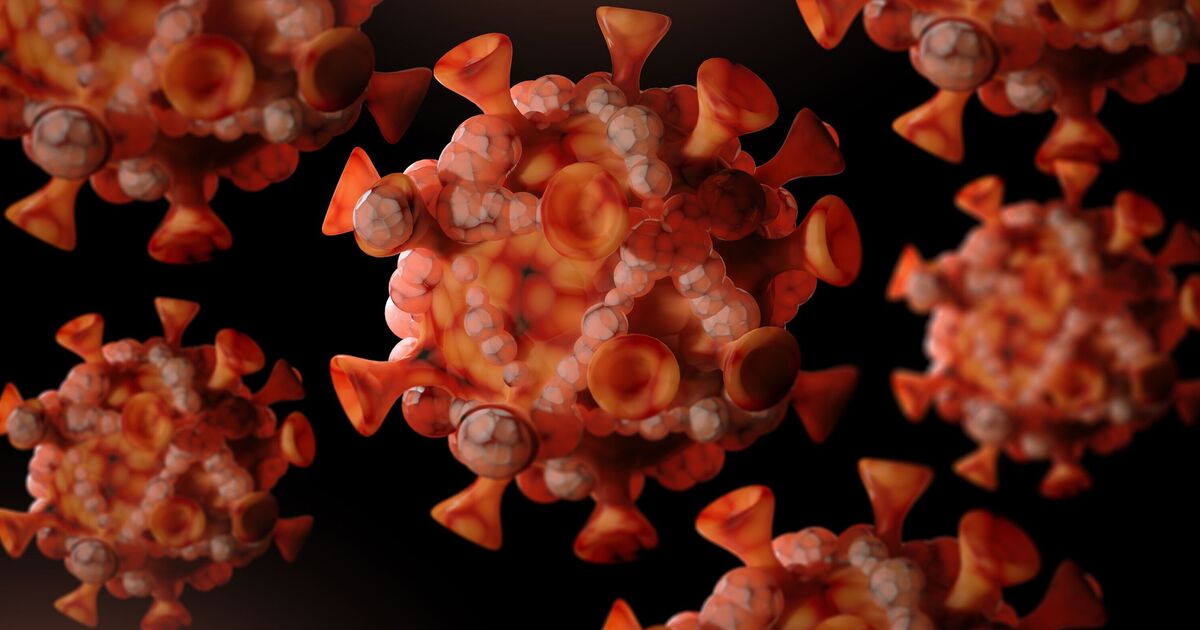A major UK hospital is trying to trace down staff and patients who may have come into contact with a patient who entered A&E with mpox. Health officials at Addenbrooke’s Hospital in Cambridge have reached out to around 30 patients and 20 staff members who may have had close contact with the infected person on the evening of Saturday, April 12.
The individual is now isolating at home under the care of their GP, and the UK Health Security Agency (UKHSA) has been informed of the case. A spokesperson for Cambridge University Hospitals NHS Foundation Trust said: “We are in contact with around 30 patients and 20 staff as a precautionary measure… to determine whether they are offered a vaccine or given advice around symptoms to look for and what to do.”
Mpox, previously known as monkeypox, is typically found in parts of central and East Africa, though cases have emerged in the UK over the past two years.
The virus spreads through close contact and can cause symptoms such as fever, exhaustion, muscle aches, and a distinctive rash.
This latest incident comes just weeks after the UK confirmed a case of the Clade 1b strain of mpox in a person with no recent travel history or known contact with other infected individuals, sparking fears of undetected community transmission.
This more transmissible and potentially more severe variant has raised concerns among health experts.
Dr Krutika Kuppalli, associate professor of infectious diseases at the University of Texas Southwestern, called the new case “concerning,” warning that “it suggests possible undetected community transmission,” which indicates that the virus may be spreading silently beyond the current reach of surveillance efforts.
So far, there have been 12 confirmed mpox cases in the UK, with only one, the most recent, not linked to travel or a known contact.
The UKHSA continues to monitor the situation, and health officials are urging the public to remain vigilant and report any concerning symptoms to their healthcare providers.
The World Health Organisation says that “i n most cases, the symptoms of mpox go away on their own within a few weeks with supportive care, such as medication for pain or fever. However, in some people, the illness can be severe or lead to complications and even death. Newborn babies, children, people who are pregnant and people with underlying immune deficiencies such as from advanced HIV disease may be at higher risk of more serious mpox disease and death.”
They add: “Severe disease due to mpox may include larger, more widespread lesions (especially in the mouth, eyes and genitals), secondary bacterial infections of the skin or blood, and lung infections. Complications can include severe bacterial infection from skin lesions, mpox affecting the brain (encephalitis), heart (myocarditis) or lungs (pneumonia), and eye problems. People with severe mpox may require hospitalization, supportive care and antiviral medicines to reduce the severity of lesions and shorten time to recovery.
“According to available data, between 0.1% and 10% of people with mpox have died. It is important to note that death rates in different settings may differ due to several factors, such as access to health care and underlying immunosuppression, including because of undiagnosed HIV or advanced HIV disease.”
